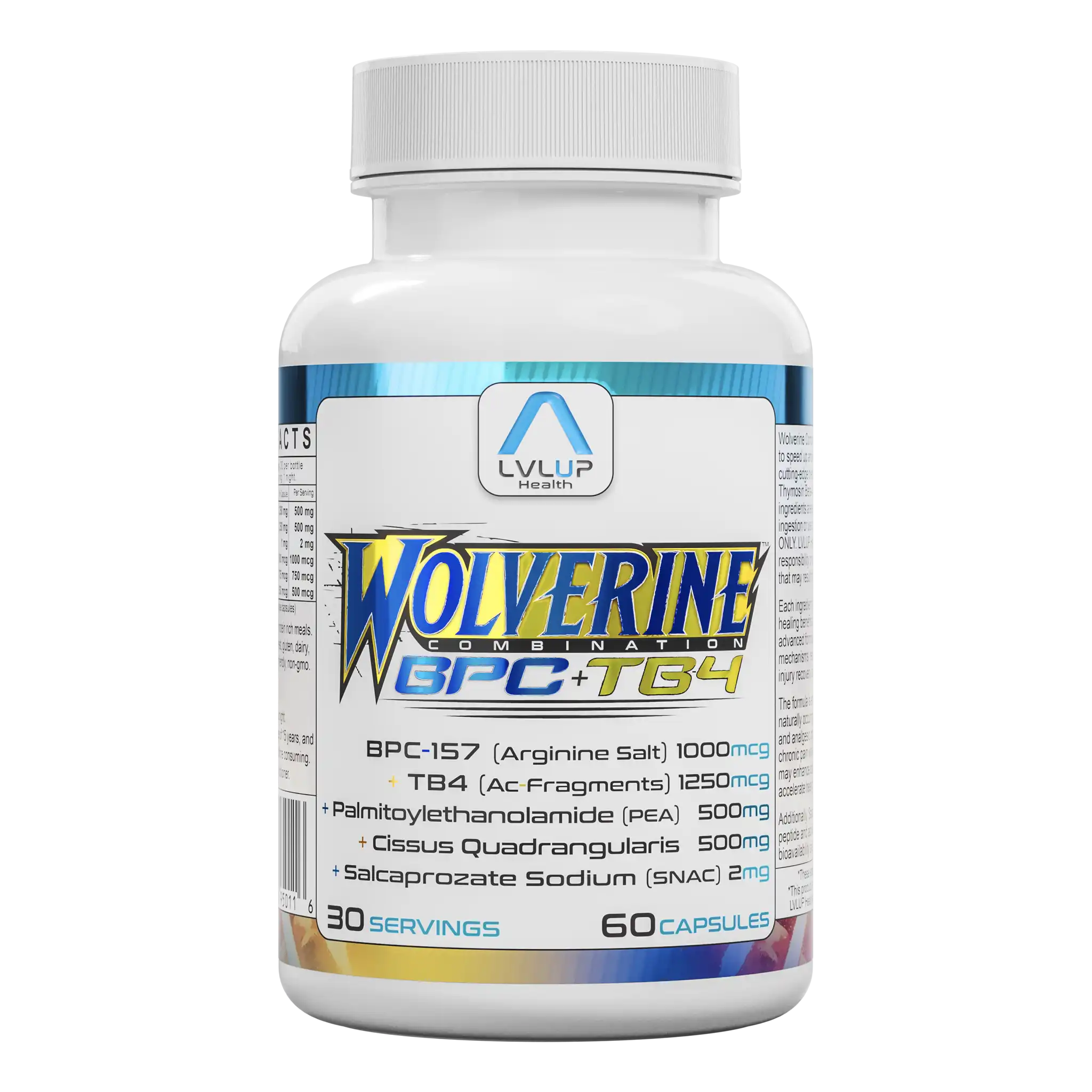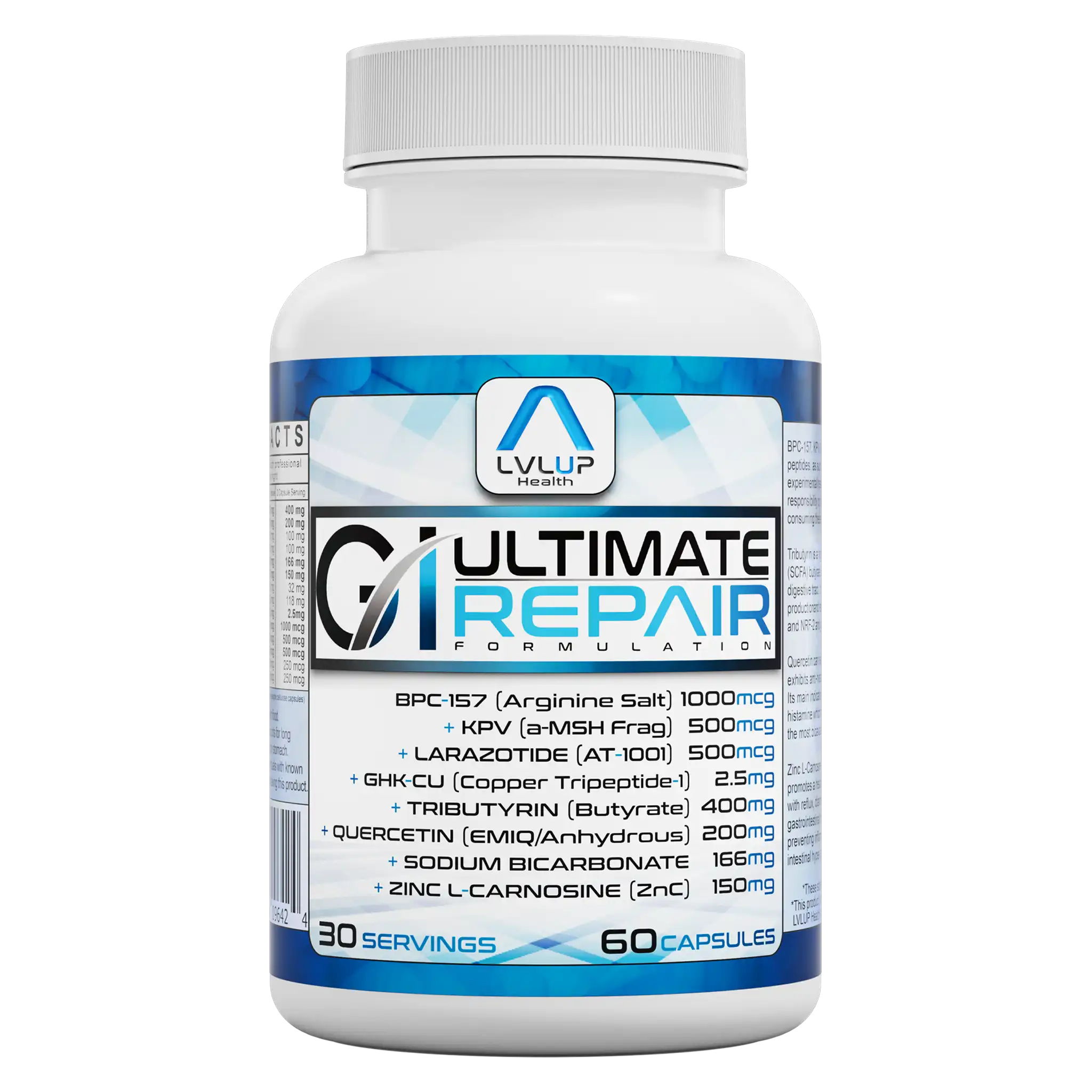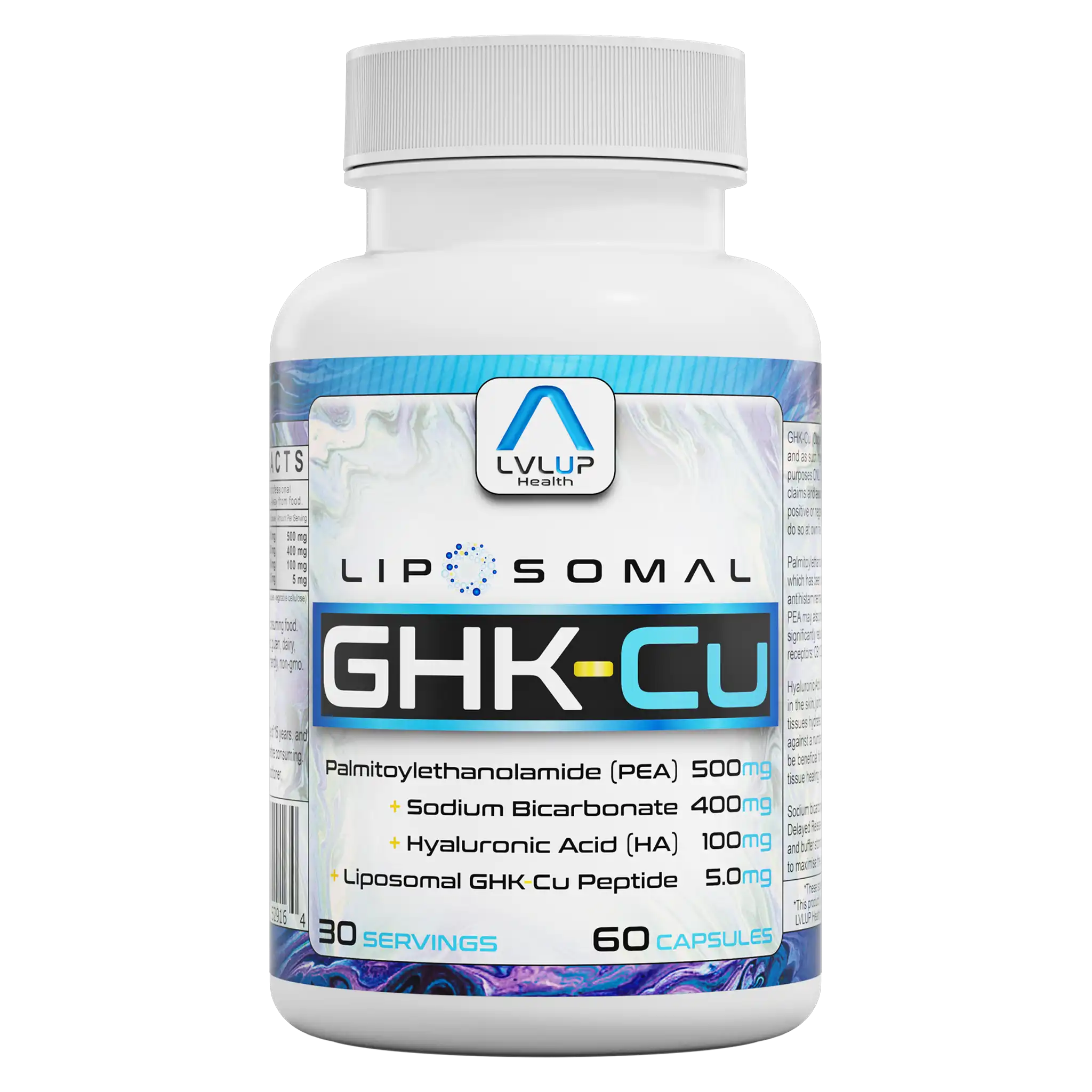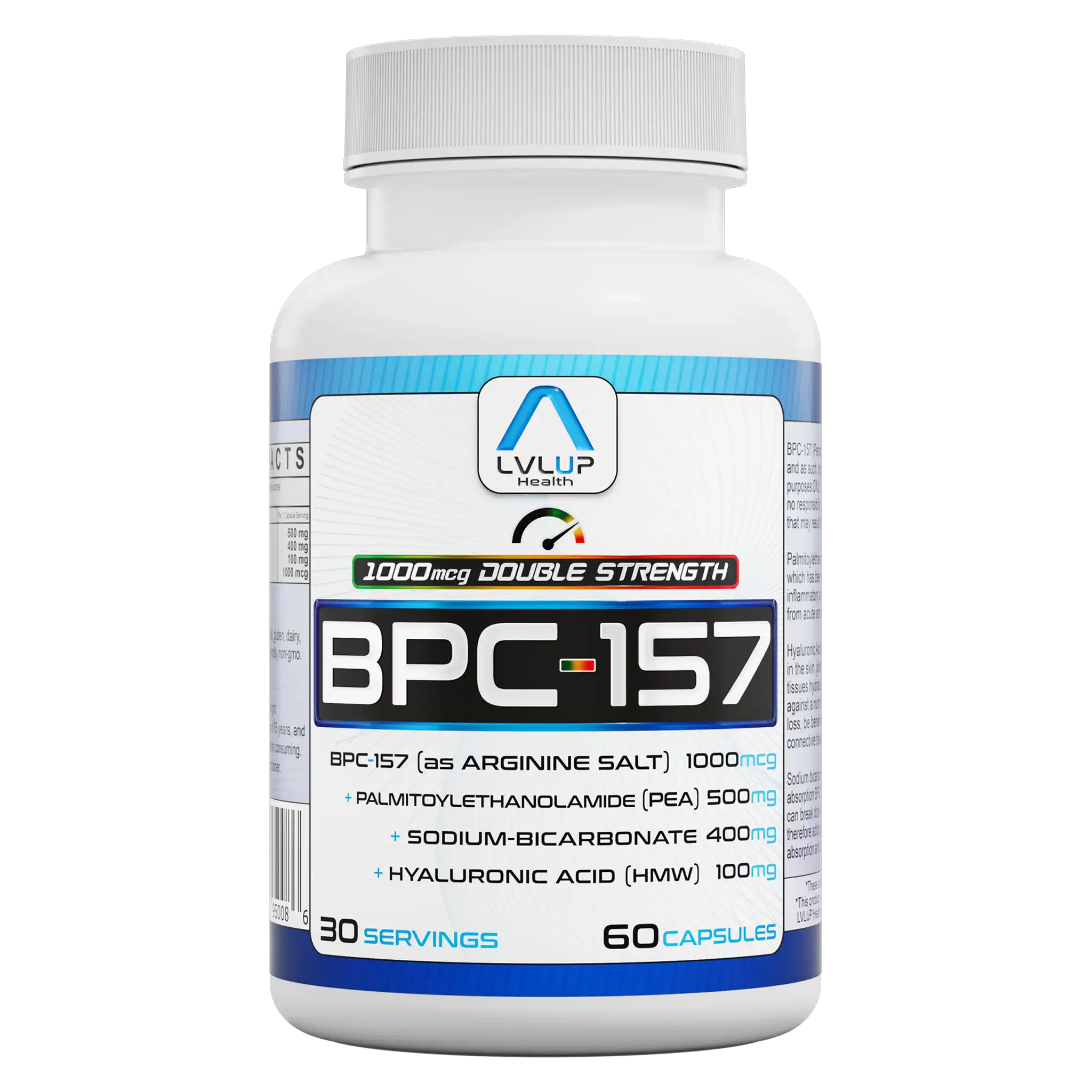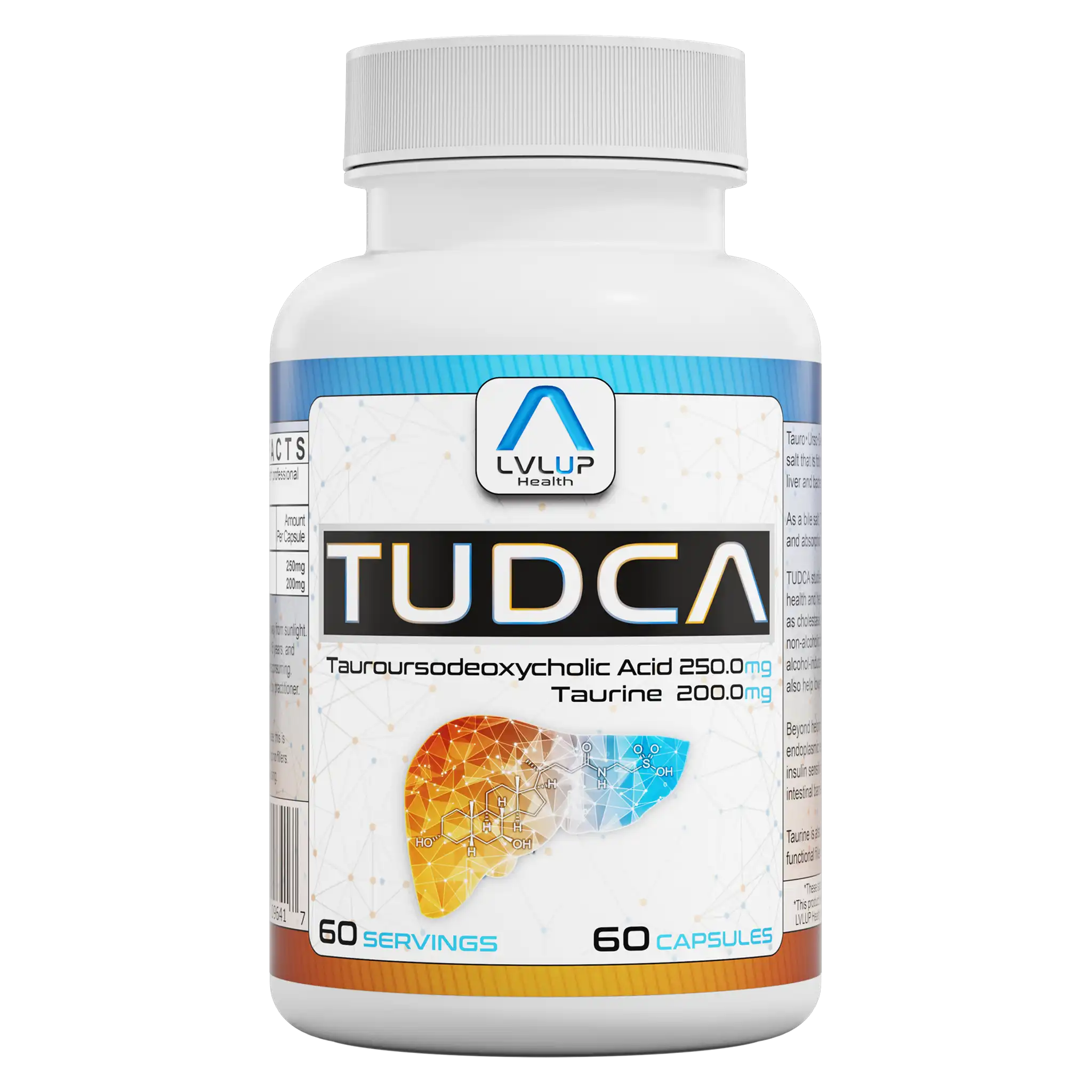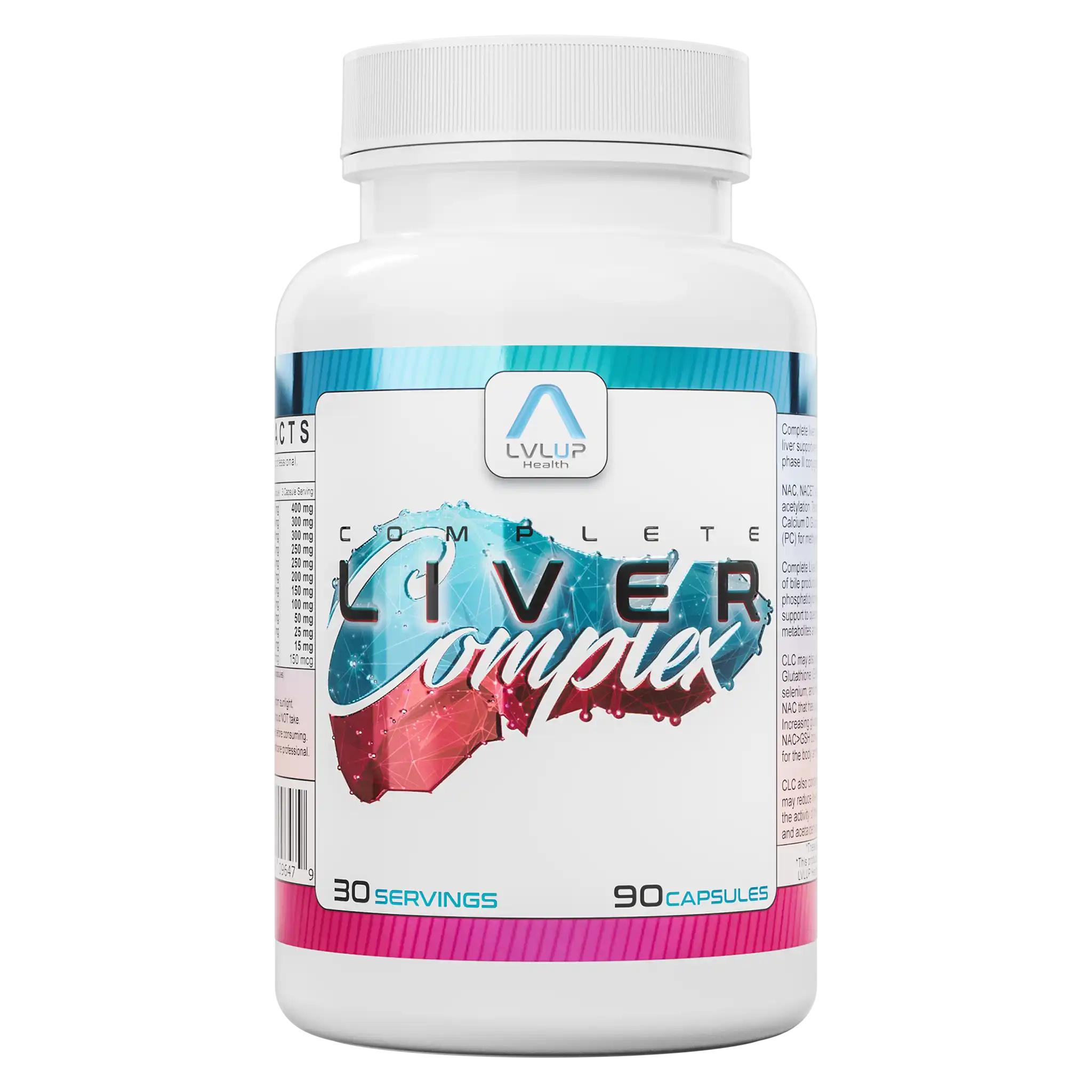Taurine
About Taurine
Liver Health and Digestion
Taurine plays a key role in liver function and detoxification. The liver uses taurine to create bile salts, which are essential for breaking down fats during digestion and ensuring efficient absorption of fat-soluble nutrients. This leads to more efficient bile flow, helping the body manage meals, especially fatty foods, more effectively.
Protective Effects
Beyond digestion, taurine acts as a natural protector for liver cells, defending against cell death and protecting against toxin-induced damage. It may help lower liver enzymes like ALT and AST when they rise due to stress or injury, and there’s evidence suggesting taurine can shield the liver from iron overload.
Mitochondrial Support
Inside cells, taurine supports mitochondrial health, the powerhouses of cells. Better mitochondrial function means stronger energy production, which is why taurine catches the eye of biohackers and athletes.
Benefits for Athletes and Others
While athletes use taurine for muscle recovery, others might supplement to support liver health amid modern toxins, or as a part of a plant-based diet lacking natural taurine. It acts as a daily “insurance policy” for energy metabolism and cellular function.
Supplement Use
Taurine is often found in supplements focused on cellular and liver health, such as TUDCA – 250mg and Complete Liver Complex. It quietly boosts resilience where needed most.
Formulated With
Detailed Information
Regulatory Functions
Taurine (2-aminoethanesulfonic acid) isn’t part of proteins like other amino acids but serves essential regulatory functions across excitable tissues. Its beta-amino structure – with a sulfonate group instead of a carboxylate – contributes to osmoregulation by stabilizing intracellular ion gradients through membrane transporter modulation.
Bile Acid Conjugation
In hepatocytes, taurine conjugates with primary bile acids, forming taurocholic acid, enhancing micellar solubilization of lipids during digestion, and supporting enterohepatic circulation efficiency. Mitochondrial resilience is partly maintained through interaction with the permeability transition pore complex, limiting cytochrome c release during oxidative stress.
Antioxidative Effects
Taurine has pronounced antioxidative effects, scavenging hypochlorous acid derivatives produced during inflammatory stress, reducing hepatic oxidative damage, and modulating apoptogenic signaling. This reduction of serum transaminases (ALT/AST) may relate to protective effects at a molecular level.
Neuromodulatory Activities
As an inhibitory neuromodulator, taurine affects autonomic regulation, relevant under metabolic duress. Its bioactivity applies across phase II conjugation support pathways, CNS contexts, and restoration of membrane homeostasis within high-energy tissues.
